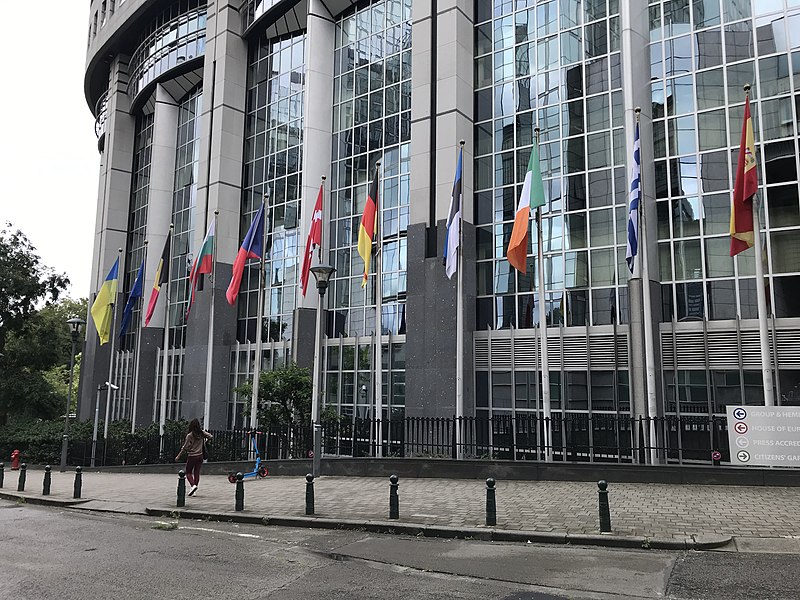
The ongoing war in Ukraine has put pressure on the European Union (EU) to increase its arms production, leading to a battle within Brussels over how to reload. The latest skirmish involves a
procurement fund called the European Defense Industry Reinforcement Through Common Procurement Act (EDIRPA), which holds €500 million for now, with the potential to grow. Key committees in the European Parliament, such as those for industry, the internal market, and the subcommittee on security and defense, have clashed over the fund.
A French-led group in the Parliament is vying to keep the joint defense purchase pot within the borders of the EU. However, opponents of the proposal have derided it as a power grab for France. A faction of parliamentarians, mainly from Poland, Estonia, Portugal, Germany, and Luxembourg, has also amended the text to include "associated third countries" to tap non-EU countries like South Korea or the United States to fill any gaps in weapon production.
The EU's capacity to ramp up production of ammunition and weapons has raised concerns given the ongoing battles on Ukrainian territory. The French MEPs who dominate the Renew Europe group have been pushing back, seeking to make the fund a European-only affair. Nathalie Loiseau, chair of the parliamentary defense subcommittee, denied that limiting the funding to European countries would benefit only France. Loiseau said that the entire remit of EDIRPA is intended to strengthen European industrial policy, and European industries need to produce arms more quickly, requiring a solid EDIRPA.
Ivars Ījabs, a Latvian MEP in the Renew Europe group, who is leading work on the file in the internal market committee, explained how he and his colleagues are "aware of the immediate challenges to European defense forces." He added that his French colleagues are very supportive of the European Commission's original proposal, with an emphasis on strengthening the defense industrial base in the medium term. Loiseau is open to non-European companies producing the weapons, but "they must be produced in Europe," arguing that spending EU money on weapons produced outside the bloc would be illegal under EU treaties, risking the collapse of the entire procurement program.
The ongoing row in Parliament over the defense plan raises a question that has arisen since Europe began discussing strengthening its defense capabilities: who will be able to access the extra billions of euros the EU intends to invest? French industry accounts for over 25% of European military capabilities. However, many other countries, from Italy to Sweden, also have strong defense sectors, and many key companies based there often have strong corporate ties with countries outside the EU, such as the UK and the US.
German center-right MEP Andreas Schwab said a balance needs to be struck to get the process moving. He suggested that the instrument needs to find a middle ground, a middle way: sufficiently flexible for foreign components, but also a boost to EU industry, and especially a boost to make ministries of defense start working together on bigger joint procurement projects.
All major players agree on one thing: the fund should be bigger. While the Commission's plan earmarked an initial €500 million, the draft European Parliament proposal by the internal market and defense committees increased that to €1.5 billion. But even €1.5 billion is "peanuts" when it comes to military hardware, said Dragoş Tudorache, Renew's lead on EDIRPA in the defense subcommittee.



































